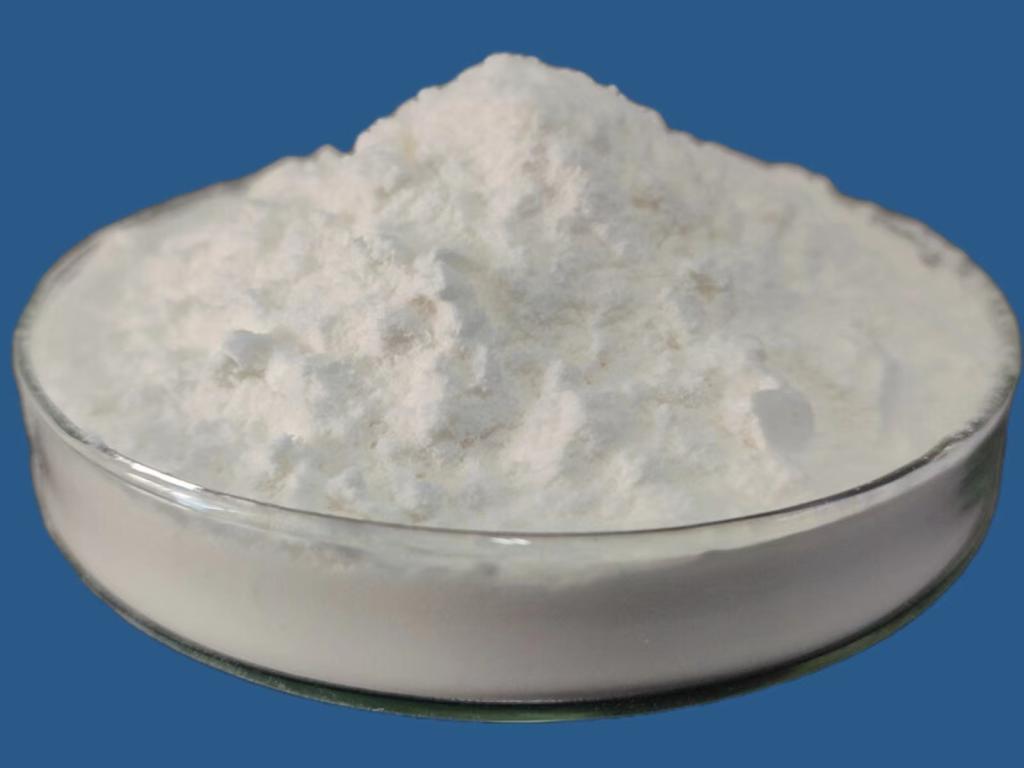Tel:0086 18231198596

News
ε-Polylysine Hydrochloride in Precision Veterinary MedicineTargeted Health Interventions
TIME:2024-03-14
Precision Veterinary Medicine: A Paradigm Shift in Animal Health:
Precision veterinary medicine integrates advanced technologies, such as genomics, metabolomics, and data analytics, to customize healthcare interventions for individual animals. By identifying genetic predispositions, environmental factors, and lifestyle influences, veterinarians can deliver personalized treatments that optimize outcomes and improve animal welfare.
Challenges in Veterinary Healthcare:
Veterinary healthcare faces numerous challenges, including:
a. Infectious Diseases: Animals are susceptible to a wide range of infectious diseases caused by bacteria, viruses, fungi, and parasites, which can lead to illness, mortality, and economic losses.
b. Antibiotic Resistance: The overuse of antibiotics in veterinary medicine has contributed to the emergence of antibiotic-resistant pathogens, posing a threat to both animal and human health.
c. Environmental Impact: Conventional veterinary treatments may have adverse environmental consequences, such as pollution of waterways and disruption of ecosystems.
Introduction to ε-Polylysine Hydrochloride:
ε-Polylysine hydrochloride is a cationic biopolymer derived from microbial fermentation of Streptomyces albulus. It consists of multiple lysine residues linked by peptide bonds and exhibits broad-spectrum antimicrobial properties against bacteria, fungi, and viruses. ε-Polylysine is biodegradable, non-toxic, and safe for animals and the environment, making it an attractive option for precision veterinary medicine.
Applications of ε-Polylysine Hydrochloride in Veterinary Care:
ε-Polylysine hydrochloride has diverse applications in veterinary healthcare:
a. Infection Control: Topical or systemic administration of ε-polylysine can help control microbial infections in animals, including skin infections, respiratory diseases, and gastrointestinal disorders.
b. Wound Healing: ε-Polylysine promotes wound healing by inhibiting microbial contamination and inflammation, accelerating tissue repair and reducing the risk of secondary infections.
c. Disease Prevention: Adding ε-polylysine to animal feed or drinking water can help prevent the spread of infectious diseases in livestock and companion animals, reducing the need for antibiotics and vaccination.
d. Environmental Remediation: ε-Polylysine-based products can be used to treat animal waste, contaminated bedding, and veterinary facilities, reducing microbial contamination and environmental pollution.
Benefits of Using ε-Polylysine Hydrochloride in Precision Veterinary Medicine:
The use of ε-polylysine hydrochloride offers several benefits for targeted health interventions in animals:
a. Precision Treatment: ε-Polylysine can be tailored to specific pathogens or conditions, allowing veterinarians to deliver targeted therapies that minimize side effects and maximize efficacy.
b. Reduced Antibiotic Use: By providing an alternative to antibiotics, ε-polylysine helps mitigate the risk of antibiotic resistance and preserves the effectiveness of antimicrobial treatments for both animals and humans.
c. Environmental Sustainability: ε-Polylysine is derived from natural sources and biodegrades into harmless compounds, minimizing its environmental impact compared to conventional veterinary treatments.
d. Improved Animal Welfare: By controlling infections, promoting wound healing, and preventing diseases, ε-polylysine contributes to the overall health and well-being of animals, enhancing their quality of life.
Implementation Strategies in Veterinary Practice:
Integrating ε-polylysine hydrochloride into veterinary care requires careful planning and consideration:
a. Formulation Development: Developing ε-polylysine formulations suitable for different routes of administration, species, and health conditions, ensuring safety and efficacy.
b. Treatment Protocols: Establishing guidelines for the use of ε-polylysine in veterinary practice, including dosing regimens, administration methods, and monitoring protocols.
c. Regulatory Compliance: Ensuring compliance with regulatory standards and guidelines governing the use of additives and treatments in animal healthcare.
d. Education and Training: Providing veterinarians, veterinary technicians, and animal caretakers with training on the proper use, storage, and disposal of ε-polylysine products to maximize their benefits while minimizing risks.
Future Directions and Challenges:
As precision veterinary medicine continues to evolve, there are opportunities to further explore the applications of ε-polylysine hydrochloride and address challenges such as:
a. Research and Development: Conducting additional research to optimize ε-polylysine formulations, evaluate their efficacy in different animal species, and explore novel applications in veterinary medicine.
b. Market Acceptance: Increasing awareness and acceptance of ε-polylysine among veterinarians, animal owners, and regulatory authorities through education, advocacy, and communication initiatives.
c. Cost-Effectiveness: Assessing the cost-effectiveness of ε-polylysine treatments compared to conventional veterinary therapies and identifying strategies to improve affordability and accessibility.
d. Environmental Impact: Investigating the environmental impact of ε-polylysine-based treatments, including their potential effects on soil, water quality, and ecosystems, to ensure sustainable use and minimize unintended consequences.
Conclusion:
ε-Polylysine hydrochloride holds promise as a sustainable solution for targeted health interventions in precision veterinary medicine. By harnessing its antimicrobial properties, veterinarians can deliver personalized treatments that improve animal health, reduce antibiotic use, and promote environmental sustainability. Moving forward, continued research, education, and collaboration will be essential to unlock the full potential of ε-polylysine in veterinary care and advance the field of precision medicine for animals.

 CONTACT
CONTACT




